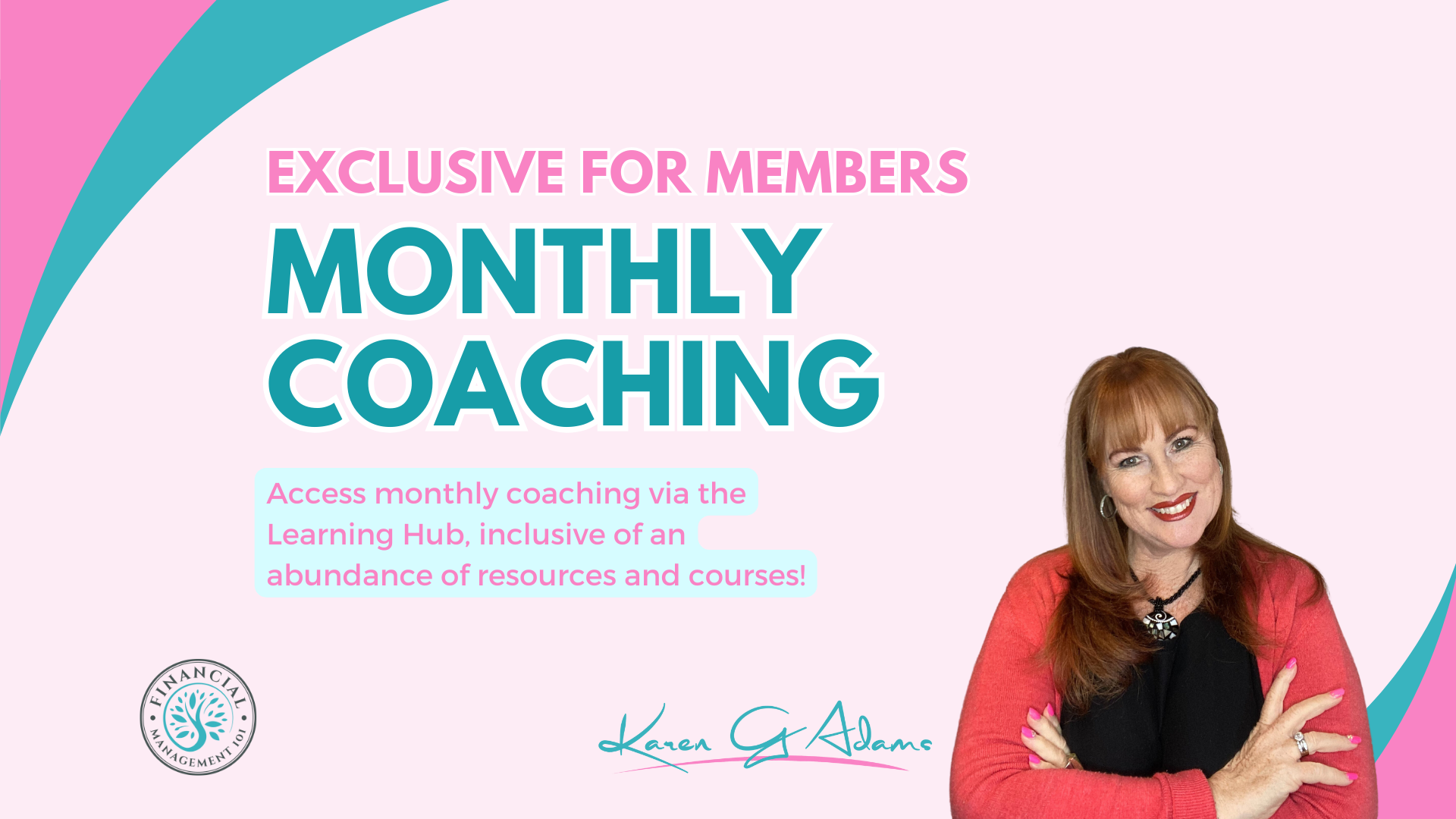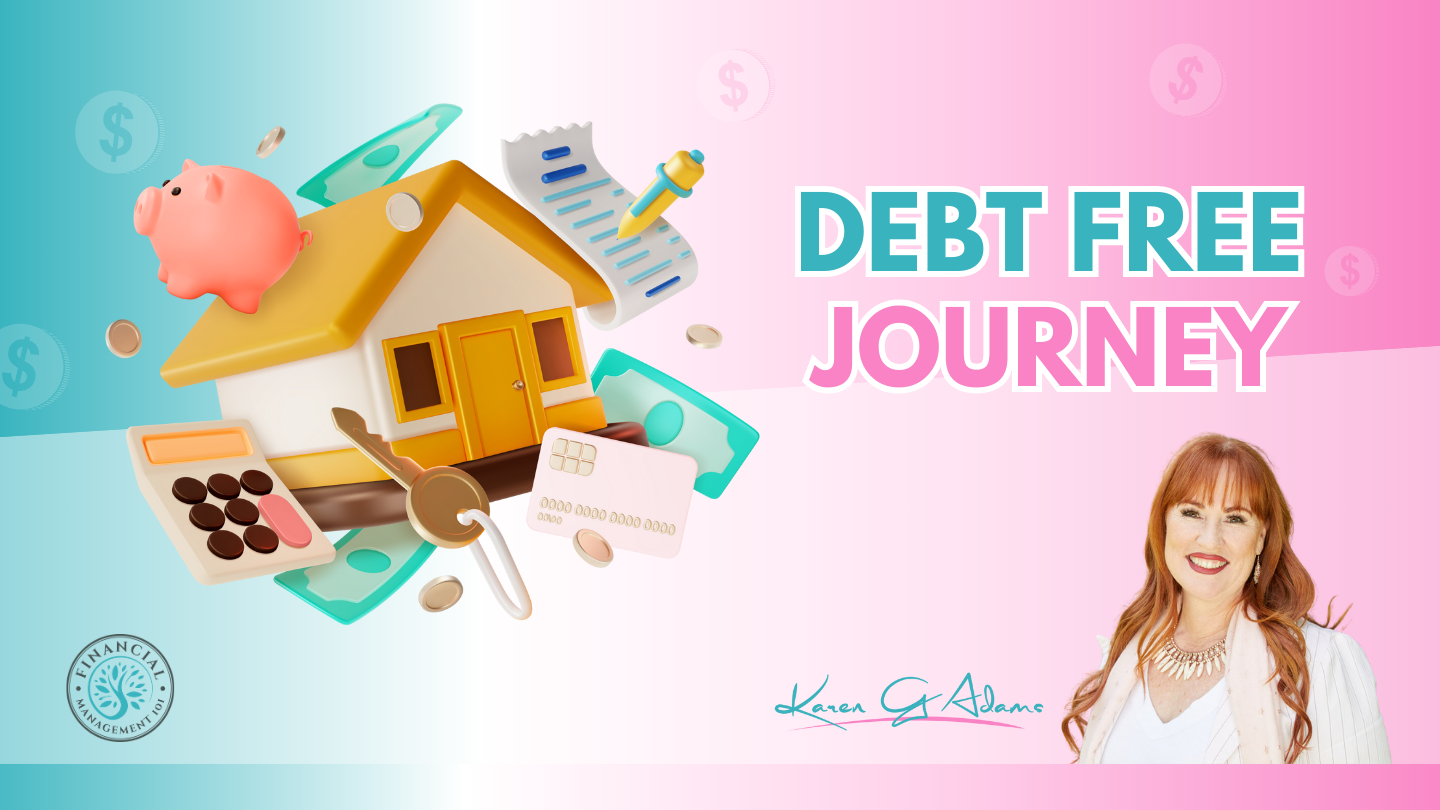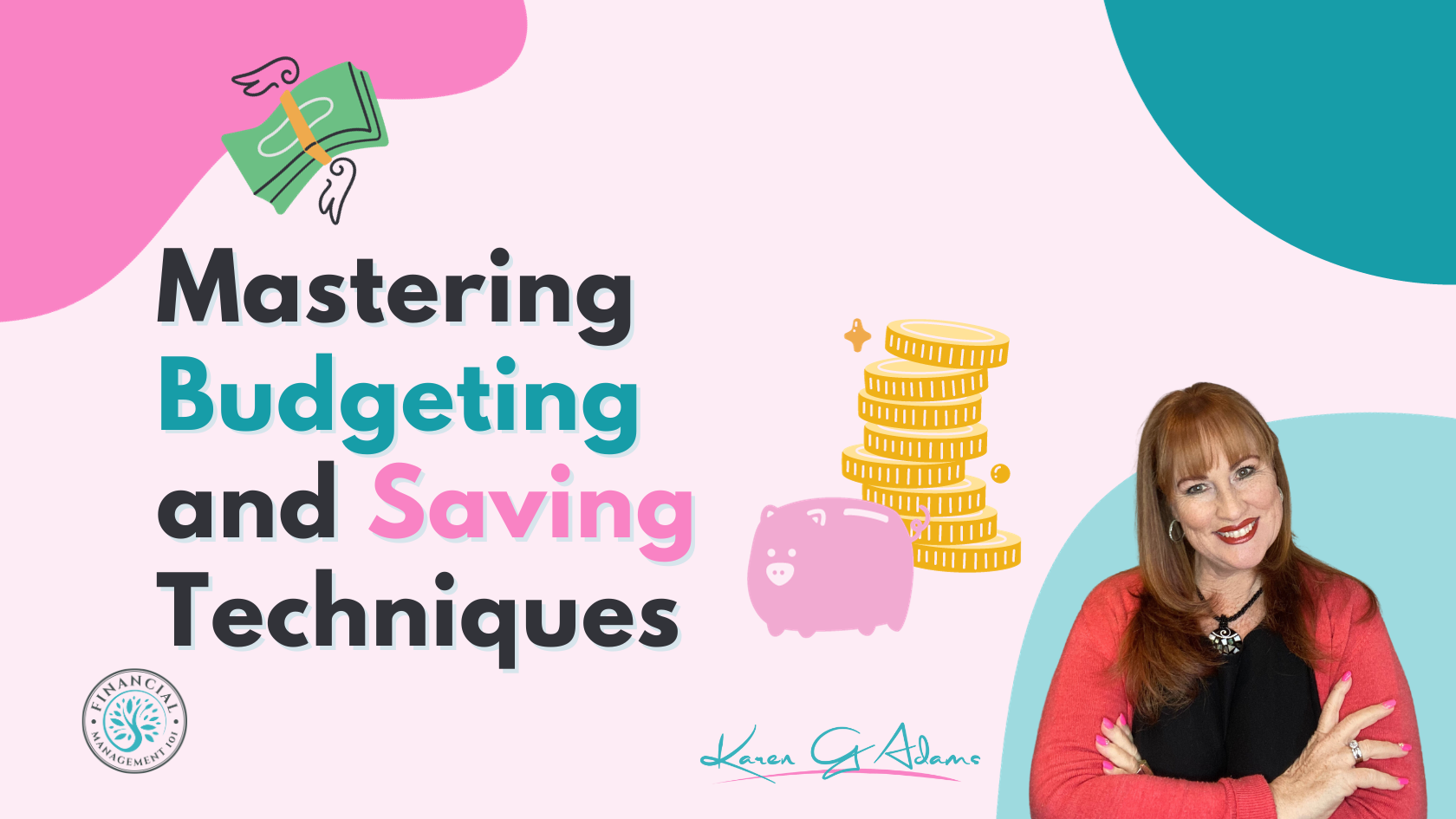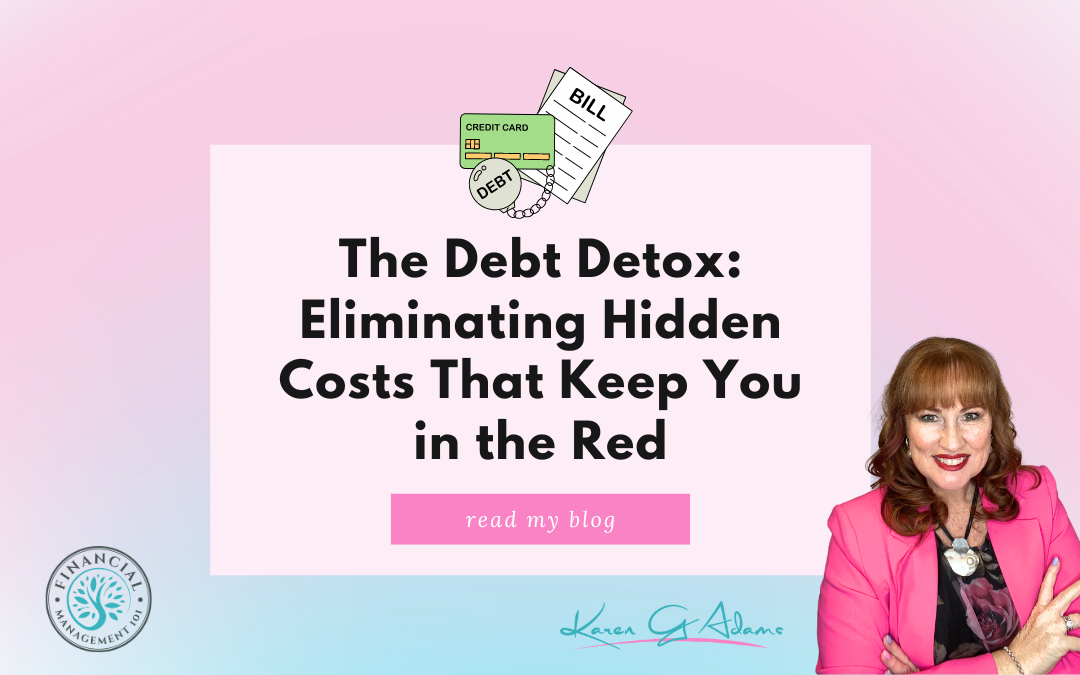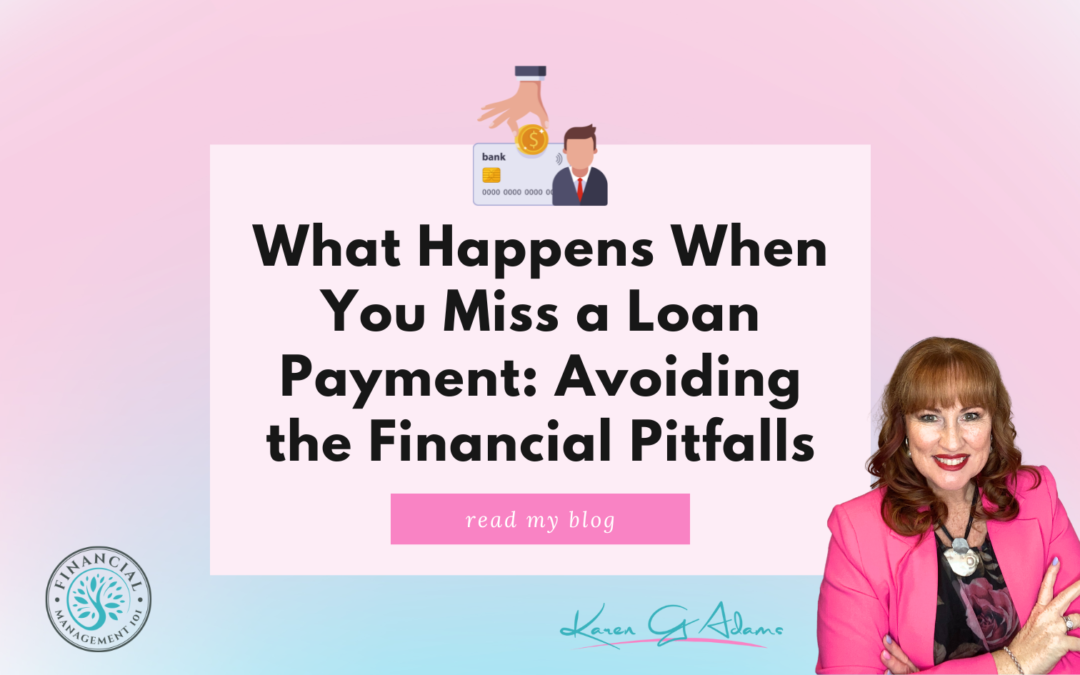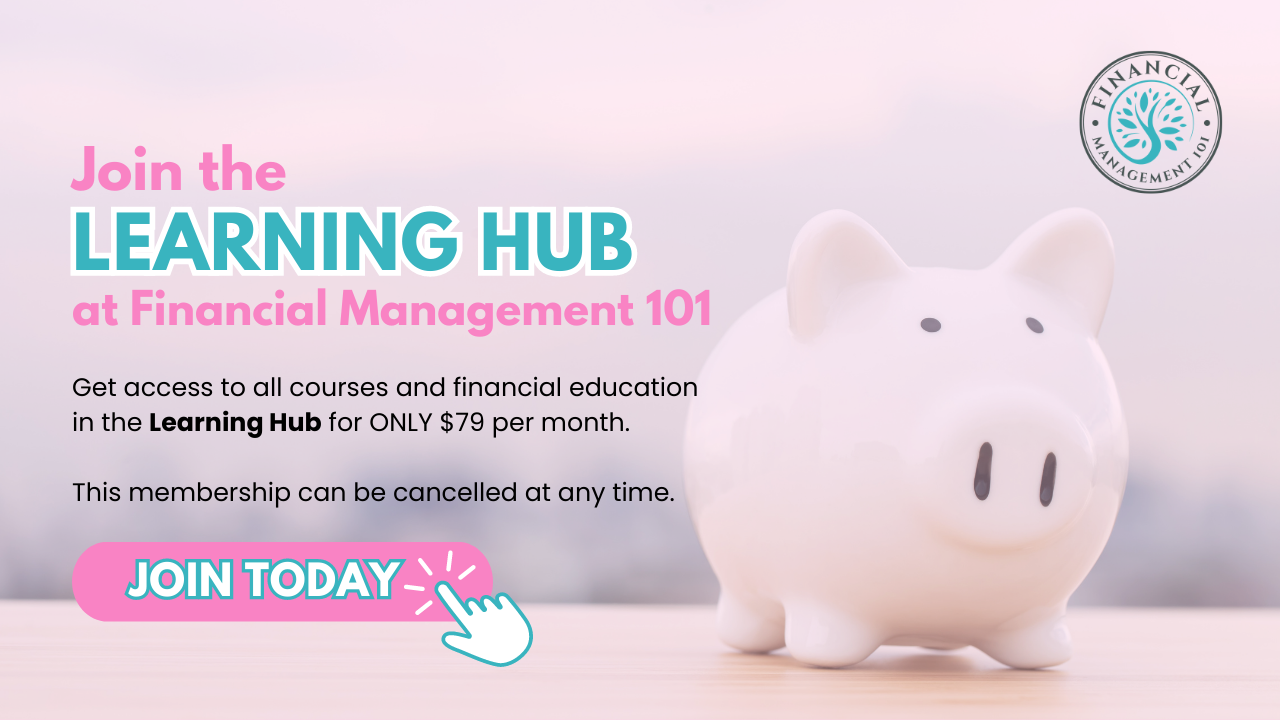
The Power of Small Steps: Daily Habits That Make a Big Impact on Your Debt
When people consider getting out of debt, they often focus on large-scale strategies such as reducing major expenses, refinancing, or changing their lifestyle. While these are important, the real power lies in the small, consistent actions you take every day. Micro-actions may seem insignificant on their own, but when combined over time, they can have a massive impact on reducing debt. Let’s explore how to harness the power of micro-actions to accelerate your journey to financial freedom.
1. THE RATIONALE BEHIND MICRO ACTIONS
Micro-actions are small, manageable tasks that require minimal effort but can lead to substantial results when performed consistently. They’re based on the idea of breaking down larger goals into bite-sized steps. The beauty of micro-actions is their simplicity and ease of execution, which aids in overcoming procrastination and developing positive habits.
ACTION STEP:
Identify one debt-related goal (like paying off a credit card). Break this goal down into daily micro-actions (e.g., saving $5 a day, making an extra $10 payment weekly).
2. AUTOMATE SMALL PAYMENTS TO YOUR DEBT
One of the easiest micro-actions is setting up automated payments. Even a small daily or weekly payment towards your debt can reduce your balance over time and save you on interest.
ACTION STEP:
Set up an automatic transfer from your checking account to your debt account. Even $1 a day adds up to $30 a month—more than $360 a year!
3. ROUND UP PURCHASES AND APPLY THE DIFFERENCE TO DEBT
Many banks and apps offer a feature to round up your purchases to the nearest dollar and save the difference. Instead of saving it, direct those round-up amounts towards paying off your debt. It’s a painless way to chip away at what you owe.
ACTION STEP:
Enable the roundup feature on your bank account or download an app that provides this service. Ensure the rounded-up savings are directed towards debt repayment.

TIP: Set up an automatic transfer from your checking account to your debt account. A dollar per day adds up to $30 a month— that’s more than $360 a year!
4. DECLUTTER AND SELL UNUSED ITEMS
Spend a few minutes each day decluttering a specific area of your home. Collect items you no longer use and sell them online. The process of decluttering not only helps simplify your life but also creates an additional income stream that can go directly to debt repayment.
ACTION STEP:
Dedicate 10 minutes a day to identifying one item to sell. Use platforms like eBay, Facebook Marketplace, or local selling groups to offload items and generate extra cash.
5. PRACTISE THE 30-SECOND PAUSE BEFORE EVERY PURCHASE
Impulse buying can delay your financial goals quickly. A simple yet powerful micro-action is to practice a 30-second pause before making any purchase, asking yourself if the item is a need or a want.
ACTION STEP:
For every non-essential purchase, pause for 30 seconds and consider if it aligns with your financial goals and if you really want it. If it doesn’t and you don’t really want it then, put it back.
6. USE SPARE CHANGE AND CASH BACK REWARDS FOR DEBT PAYMENTS
If you accumulate spare change or cash-back rewards from credit cards or apps, redirect these small amounts towards debt payments. It’s a small effort with potentially significant results over time.
ACTION STEP:
Collect your spare change and cash-back rewards monthly and apply them as extra payments to your debt.

7. INCORPORATE A “NO SPEND” DAY EACH WEEK
Designate one day a week as a ‘no spend’ day where you commit to not spending any money. This small habit can quickly add up to substantial savings.
ACTION STEP:
Choose one day a week (like Monday or Friday) as your ‘no spend’ day. Plan meals, activities, and errands around this day to avoid any expenses.
8. LIMIT YOUR VISITS TO TEMPTATION ZONES
Avoid places that encourage unnecessary spending, like shopping malls or online marketplaces. This doesn’t mean cutting them out entirely, but being mindful of how often you expose yourself to spending triggers.
ACTION STEP:
Identify your spending triggers and reduce your exposure to them. For example, limit browsing shopping websites to once a week instead of daily.
9. APPLY FOUND MONEY TO DEBT
Found money includes unexpected cash like gifts, tax refunds, rebates, or even loose change found in your couch cushions. While this one is harder with an increasingly cashless society, there may be some small change lying around. Instead of spending this money, apply it directly to your debt.
ACTION STEP:
Create a “found money” jar or savings account and commit to using any found money exclusively for debt repayment.
10. CREATE A DAILY GRATITUDE JOURNAL FOCUSED ON FINANCIAL WINS
Focusing on financial gratitude can improve your mindset and keep you motivated. Each day, write down one small financial win, such as avoiding a purchase or finding a way to save money.
ACTION STEP:
Start a daily gratitude journal. Each day, write down one thing you did that moved you closer to being debt-free.
11. OPT FOR FREE OR LOW COST ACTIVITIES
Entertainment can be a significant expense, but many free or low-cost options exist. Instead of spending on movies, dining out, or other paid activities, explore alternatives like free community events, library resources, or nature hikes.
ACTION STEP:
Research and list 10 free or low-cost activities you enjoy. Incorporate one into your weekly routine to replace a paid activity.
12. MAKE USE OF PRICE-TRACKING TOOLS
Use price-tracking tools and browser extensions to monitor the prices of products you’re interested in. This helps avoid impulse purchases and ensures you’re getting the best price when you need to buy something.
ACTION STEP:
Install a price-tracking tool or extension on your browser. Check it before purchasing any item over a set threshold (e.g., $50).
13. REVIEW AND CANCEL UNUSED SERVICES REGULARLY
Services like cable, magazine subscriptions, or premium software memberships can often go unused. Regularly reviewing your service subscriptions and cancelling those you no longer need is an easy way to save money.
ACTION STEP:
Schedule a monthly review of your subscriptions. Cancel or downgrade any services that are no longer necessary.
14. CREATE AND FOLLOW A “MICRO-BUDGET”
A micro-budget is a highly detailed budget that tracks even the smallest expenses. The goal is to understand exactly where every penny goes and find areas to cut back.
ACTION STEP:
Start a micro-budget by tracking all expenses for one month, including minor ones like coffee or snacks. Analyse the information to identify unnecessary spending.

CONCLUSION
The power of micro-actions stems from their simplicity and consistency. By incorporating these small daily habits into your routine, you can make a significant dent in your debt over time without feeling overwhelmed. Remember, becoming debt-free is not always about making massive sacrifices but about consistently making small, smart choices that add up.
Take Control of Your Finances Today!
Are you tired of living paycheck to paycheck? Do you want to make smarter financial decisions but don’t know where to start? This monthly financial coaching program is designed to help you take control of your finances and achieve your financial goals.
Are you ready to take control of your finances and start your debt-free journey?
In this empowering 30-day course, we’ll guide you through actionable steps to help you break free from debt and achieve financial stability.

